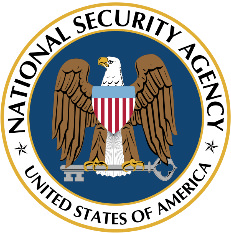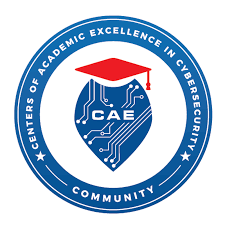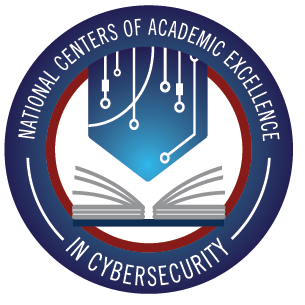Social engineering: common techniques and how to prevent an attack
State of Missouri Cybersecurity Resources
SANS Institute Security Awareness Resources
SBA Learning Center- Cybersecurity for Small Business
Cyber Security Journals Elsevier
CSIAC (Cybersecurity and Information Systems Information Analysis Center)
IJCSDF (International Journal of Cyber-Security and Digital Forensics)
NSA Center of Academic Excellence Southwestern Regional Hub
https://labsblog.f-secure.com/
https://www.helpnetsecurity.com/view/news/
https://searchsecurity.techtarget.com/
https://www.symantec.com/security-center
https://www.us-cert.gov/ncas/current-activity
https://www.cnet.com/topics/security/
https://www.privacyrights.org/data-breaches
feeds.feedburner.com/eset/blog



